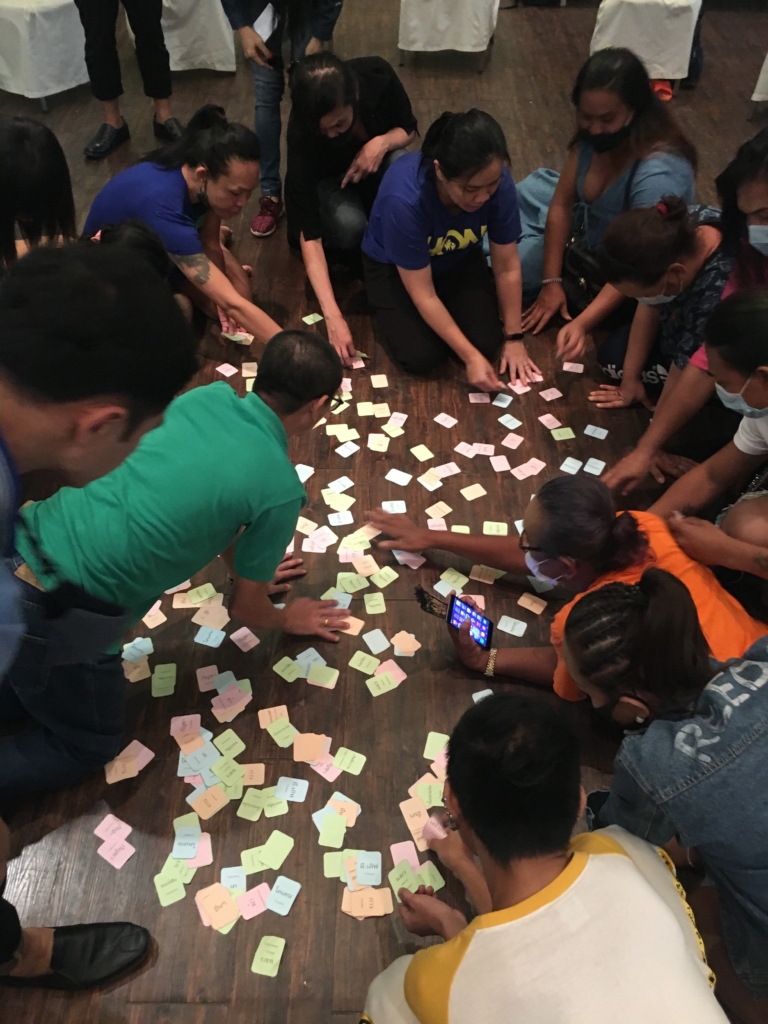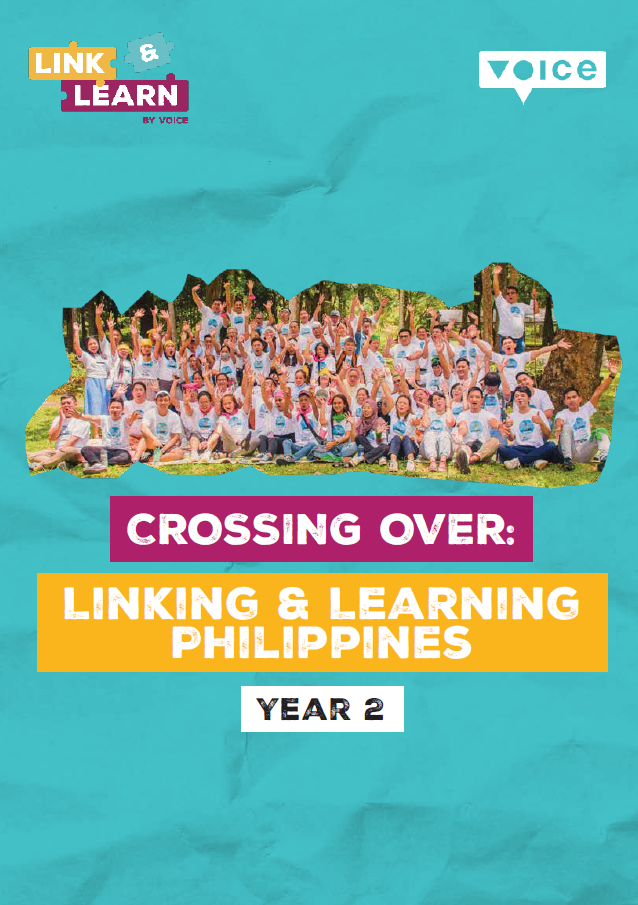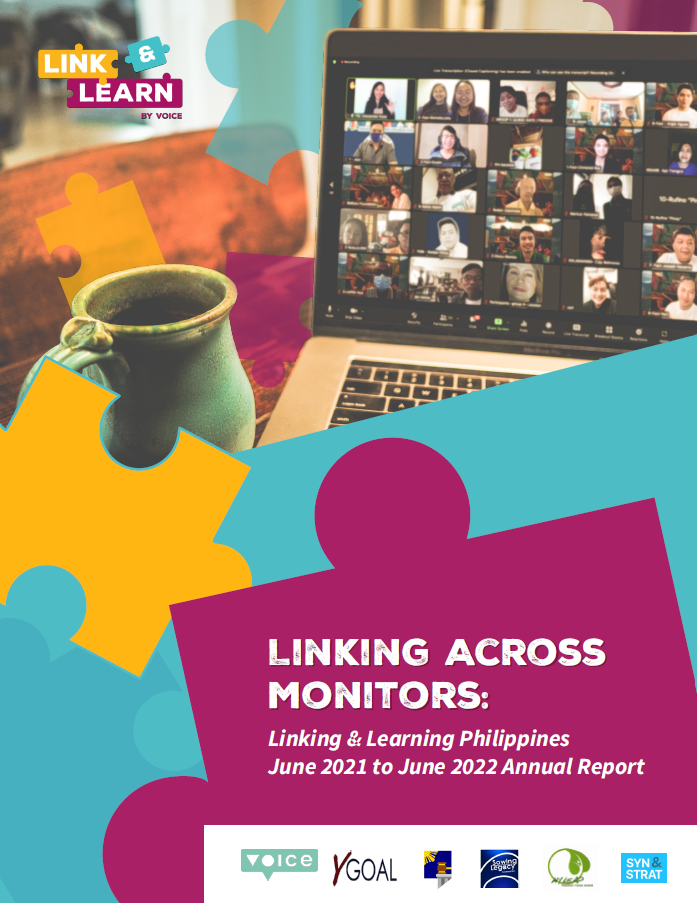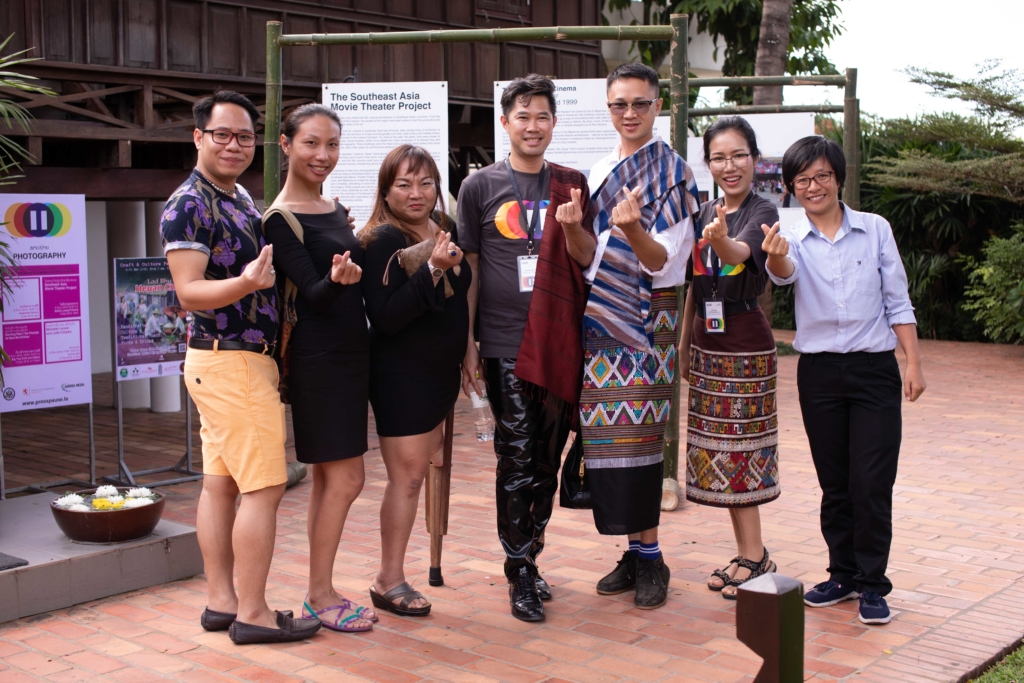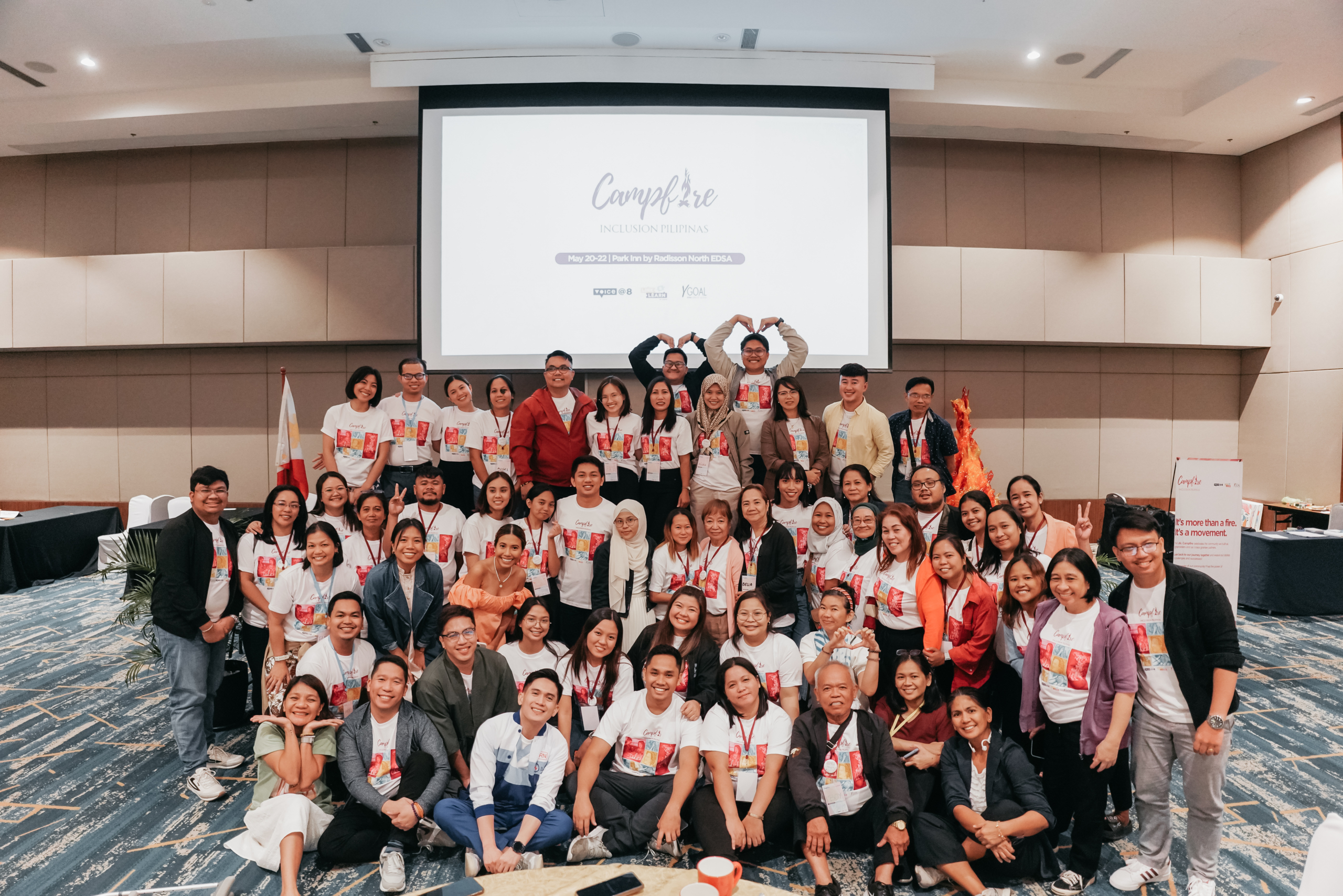Drugs were as normal as eating rice
Understanding the experiences and needs of transgender sex workers in Thailand
By Pattamon Wattanawanitchakorn (International Drug Policy Consortium – IDPC), with Thissadee Sawangying (Health Opportunity Network) and Claudia Stoicescu (Consultant, IDPC)
As part of the Transgender Awareness Week for 2020, we wish to highlight transgender sex workers who use drugs.
Earlier this year, the Health Opportunity Network (HON) organised the first workshop on harm reduction for transgender sex workers who use drugs in Pattaya, Thailand. HON was established in 2010 to provide peer-based health and support services for men who have sex with men, transgender persons, and sex workers living with HIV. Responding to a gap in existing services, this year, HON began to focus on better understanding the experiences and needs of transgender sex workers who use drugs.
The workshop was supported by Voice as part of the year-long ‘Strengthening and empowering women who use drugs in Southeast Asia‘ (SPIRIT) project working in Indonesia, Malaysia, the Philippines, and Thailand under the Voice regional empowerment grant. The project seeks to empower cisgender and transgender women who use drugs to establish and strengthen community-led networks and advocate for gender equality, legal rights, and drug policy reform. Under the SPIRIT project, HON works in collaboration with the women cluster of the Thai Network of People Who Use Drugs. Women are empowered to advocate for their legal rights and strengthen their capacity to integrate a harm reduction approach in their work.
The twenty transgender sex workers in the room were initially hesitant to share their stories. Stories of widespread discrimination, violence, and oppression, especially from law enforcement, were common. Most of them work in precarious and violent environments, and many use drugs and alcohol to increase their stamina during a regular workday. For a higher wage, sex workers may be asked to sell drugs, usually crystal methamphetamine (commonly known as ‘crystal meth’, or ‘ice’ in Thailand), as well as to use drugs together with their clients as a part of the services.
In the two-day workshop, HON fostered a safe space that allowed the participants to discuss their unique challenges. The participants were encouraged to be more conscious of the type of drug they use and their effects, as well as their surrounding environment. Monitoring these factors would help them to assess the associated risks and reduce potential harm, which can range from forgetting to eat and sleep, to negative mental health impacts.

HON continues to work closely with the transgender community to empower transgender sex workers through trainings on reducing stigma, building a network of transgender people who use drugs, creating a safe space to exchange experiences, developing understanding of relevant laws and mechanisms for protection, and building alliances with international organisations to advocate for more humane and less punitive policies at the national level.
Click here to read more of this story that was featured on the International Drug Policy Consortium website.

